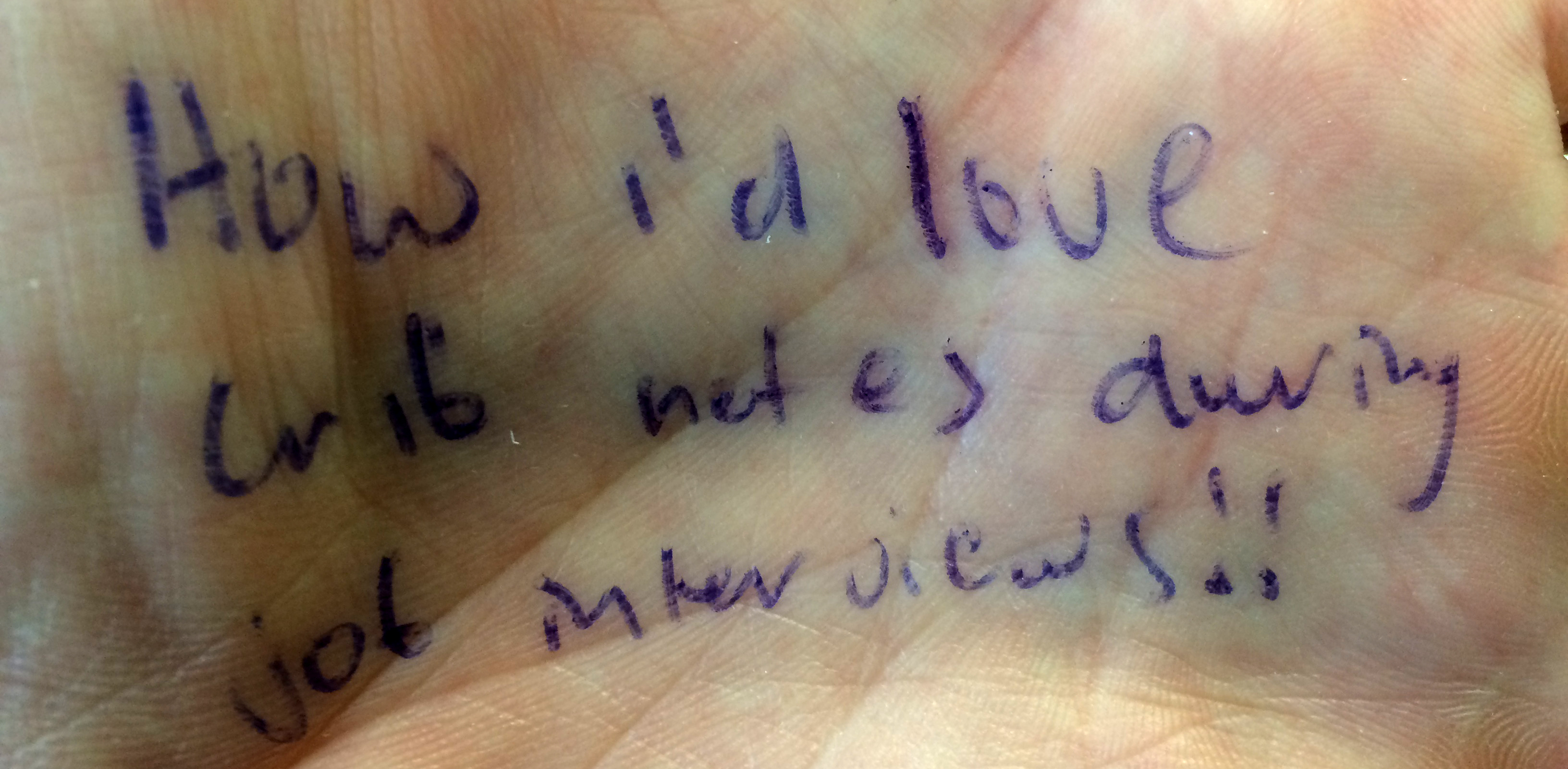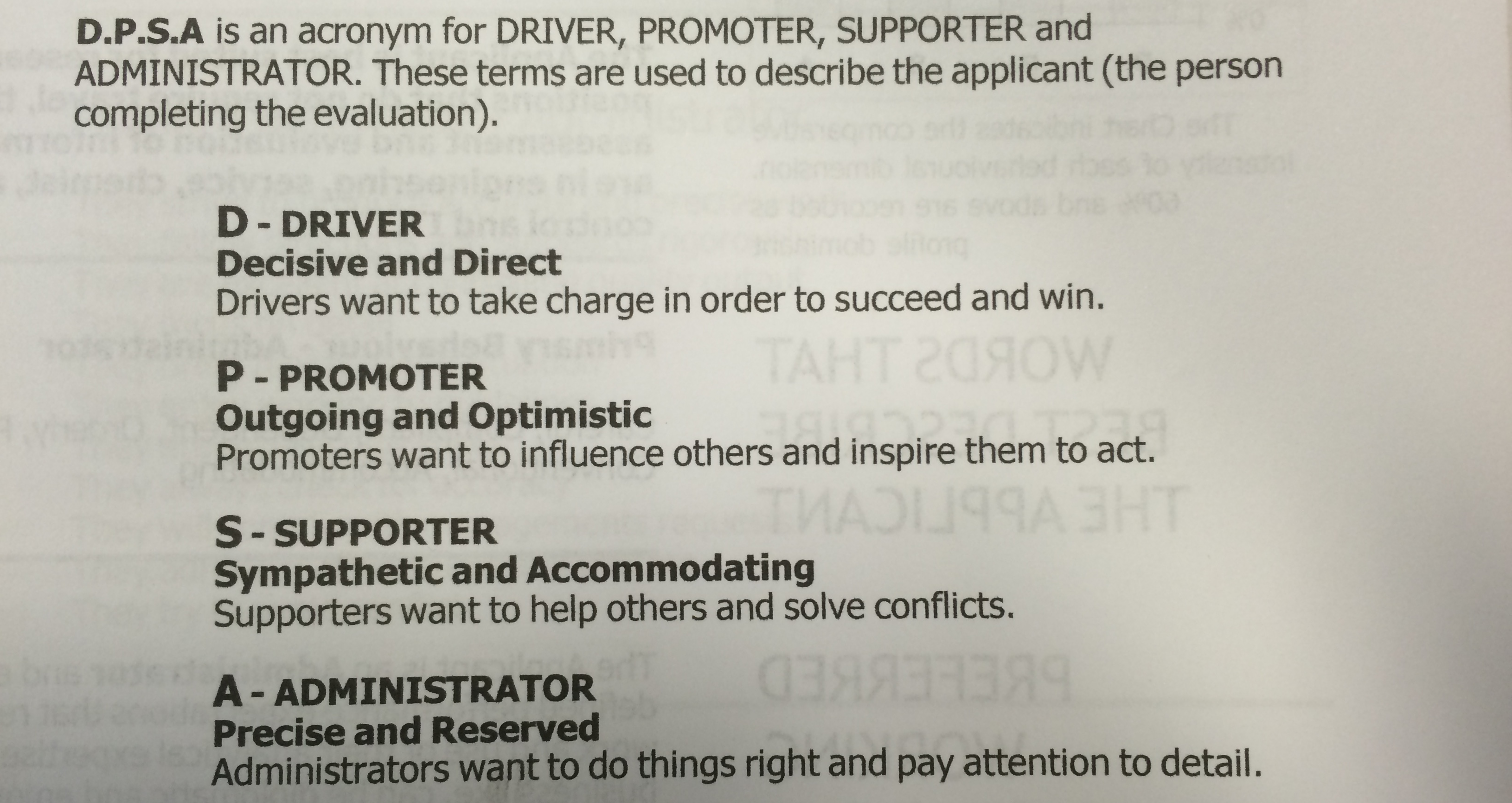There was an advert for a science communicator / project manager this week. The twitter post said must love science (*tick*) and have skills (*tick*). I checked it out. The role was skewed towards science communication and requires someone with a history of producing media reports, blogging, liaison with the science industry etc. Enthusiasm alone would not cut it, though it would make the role a challenge, and that’s what I’m here for – challenges.
One requirement was to be able to name at least 10 science organisations in Australia. Hmm, thought I cannot do that. That’s embarrassing. So, here’s what I could name off the top of my head and then here’s what I could find using the great advertising machine known as Google.
Off the top of my head with lots of brain racking
- Australian Synchrotron – http://www.synchrotron.org.au/
- CSIRO – https://www.csiro.au/
- Australian Signals Directorate – https://www.asd.gov.au/ (actually intelligence, thought this was science, or science based)
- Walter and Eliza Hall Institute of Medical Research (WEHI) – https://www.wehi.edu.au/ (I should know more of these)
- Florey, aka the Howard Florey Institute – https://www.florey.edu.au/
- The Australian International Gravity Observatory – http://www.aigo.org.au/ Everyone who visits should do the solar system walk. Pluto is so far away! Take water.
- The Australian Telescope National Facility – http://www.atnf.csiro.au/ – technically CSIRO.
- The Australian Antarctic Division – http://www.antarctica.gov.au/
- The Australian Association for Microbiology – http://www.theasm.org.au/
- CSL before it went private (so not counting it).
- Many pharma companies (which I’m not going to count).
- Museums (Canberra, Melbourne, Sydney) – do these count. They should count.
- I could name ScienceInPublic, as they posted the advert. That would be cheating!
- All our universities. Again, cheating if I named them.
Nine’s not bad, though I should know at least 20.
Ones I needed to look up (shame on me)
After four, I felt I was scraping the bottom of the Google barrel. I soon discovered that while many about pages may list the organisation name in the header meta, the names were missing from the body of the page. I also found that in lots of articles about science produced by Australia, the organisation producing the science was not named. Not how you build brand recognition.
- Australian Science Communicators – http://www.asc.asn.au/
- Australian Academy of Science – https://www.science.org.au/ Tad worried I’d forgotten about them. I remember them as the premier science outfit and I had an old photo ruler from here.
- Innovation and Science Australia (ISA) – https://www.innovation.gov.au/page/innovation-and-science-australia
- Great Barrier Reef Marine Park Authority – http://www.gbrmpa.gov.au/ – I knew something existed, but could not name it.
- Woodside Australian Science Project – www.wasp.edu.au/
- The Australian Academy of Technology and Engineering (ATSE) – https://www.atse.org.au/
- The Royal Institution of Australia – http://riaus.org.au/
- Australian National Centre for the Public Awareness of Science – http://cpas.anu.edu.au/ Perhaps needs to work harder? Three Google pages down using “australian science” as my search term.
- The Terrestrial Ecosystem Research Network (TERN) – http://www.tern.org.au/
- Peter Doherty Institute for Infection and Immunity – https://www.doherty.edu.au/ Most disappointing I did not know this given I’ve an immunology degree!
- Australian Centre for Advanced Photovoltaics (ACAP) – http://www.acap.net.au/
Related to this, I could name lots of science Australia has produced or is working on. The various inventions reportedly to come out of Australia, (Hills hoist, the ute, the stump jumper), stomach ulcers being caused by Helicobacter pylori, matter transport/Quantum entanglement, eradicating rats by using dogs from an Island off the coast of Warrnambool (awww, Oddball died in February. I’ve also merged this with Macquarie Island where dogs were used to eat all the rabbits, rats and mice – Oddball was a fox eaterupperer), wi-fi (CSIRO), the joint US-Australian military research project called Hypersonic International Flight Research Experimentation (HIFiRE) testing hypersonic engines, the people developing organs in a petri dish, various cancer research and I’m sure I could come up with more.
On the topic of Australian science, have a read of Australia’s National Science Statement – 2017. It states science means “Natural, physical and life sciences, including medical and health sciences, mathematics, engineering and technology‑related disciplines.”
That’s not a proper description. Science is the methodical and rigorous study of phenomena to understand them and the application of such methods and results to produce things. The results can be knowledge, TV’s, vaccines, better car tyre rubber, ducks that go woof, less harrowing cancer treatments, key hole surgery, the “discovery” that fat is turned to water and CO2 and expelled in order to lose weight – even if it is obvious, it needs proving.
Making sure I had some idea my above description in bold was more or less correct, I checked our a dictionary and it said “the intellectual and practical activity encompassing the systematic study of the structure and behaviour of the physical and natural world through observation and experiment.” Yup – within acceptable error limits.


